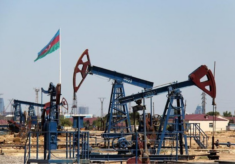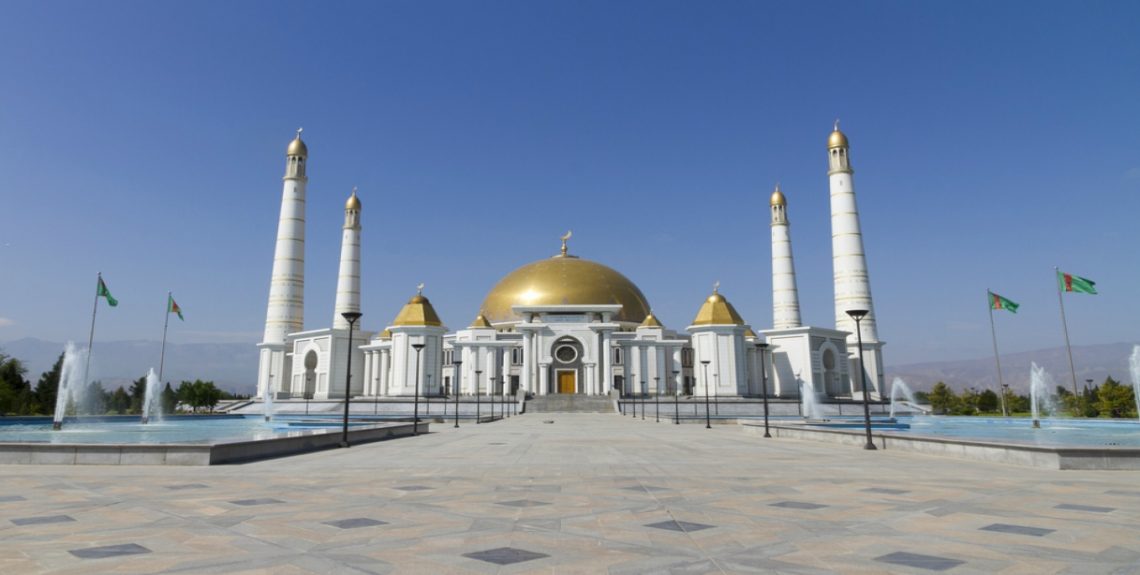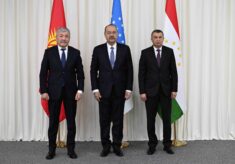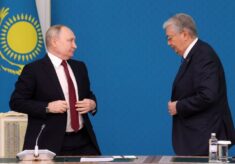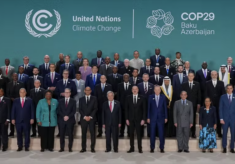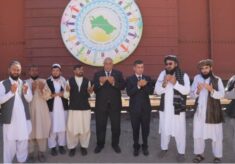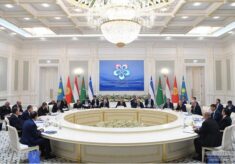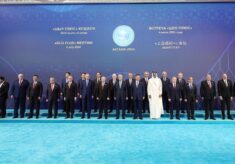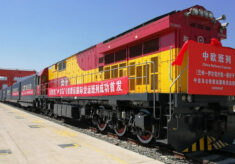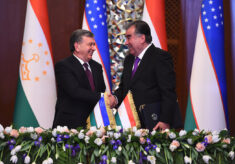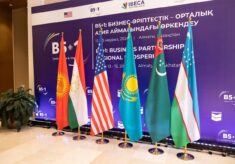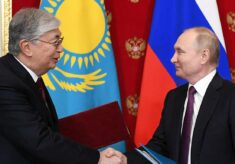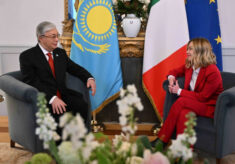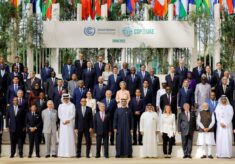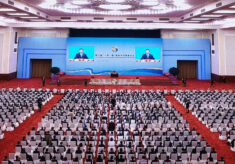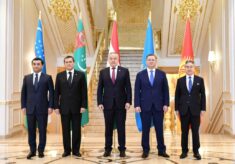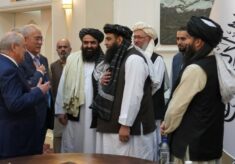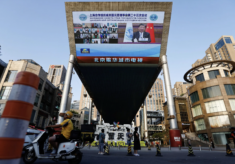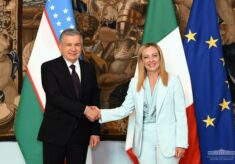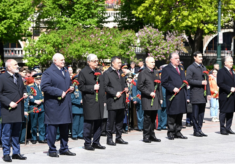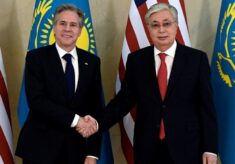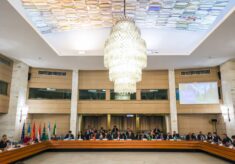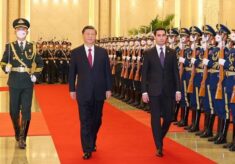In this new year Central Asian countries will have to deal with several challenges as well as to solve some old tensions and disputes which are currently hampering an inclusive regional cooperation, namely: border disputes, competing economic spheres, a possible shift of two countries towards a more pro-Russian position, delays in the construction of new pipelines, border security with Afghanistan and internal stability.
The tensions along the border between Kyrgyzstan and Tajikistan are increasing, because only 50% of this shared border has been demarcated. In 2019 several armed clashes clearly posed serious problems, delaying and hindering regional interconnectivity’s projects, aimed at strengthening the political and economic dialogue among post-Soviet republics.
One of the main challenges for Uzbekistan will be the decision to adhere or not to the Eurasian Economic Union (EAEU), representing a significant shift in its foreign policy due to its rapprochement to Russia. At the same time, Tashkent also aims to join he World Trade Organization, that President Shavkat Mirziyoyev defined as the Uzbekistan’s “most urgent and important policy goal” (T. Ogawa, Uzbekistan plans over $6bn in joint projects with Japan, Nikkei Asian Review, December 18, 2019) implying be postponement of the EAEU membership or a temporary observer status.
In addition to the problems linked to the current economic downturn and the delays to implement new alternative energy corridors (namely the Transcaspian and Turkmenistan-Afghanistan-Pakistan-India gas pipelines), the security and the stability along the shared border with Afghanistan is the main challenge for Turkmenistan. According to some unconfirmed reports, Russian troops have been deployed in Turkmenistan for more than a year to assist border guards in avoiding terrorist infiltration and incursions from Afghanistan (B. Pannier, How Much Is The Russian Military Helping Turkmenistan?, RFERL, January 4, 2020). A further increase in security cooperation with Moscow would represent a significant shift in Turkmenistan’s foreign policy, traditionally based on neutrality.
Kazakhstan’s main problem will be to solve the current dual power struggle between the President Kassym-Jomart Tokayev and the previous one, Nursultan Nazarbayev, who maintains his influence in the domestic and international affairs benefiting of the status of Elbasy (Leader of the nation). Moreover, as Head of the Security Council, Nazarbayev has the opportunity to represent the nation in the international forum, so he attended the Tashkent summit of Central Asian presidents instead of Tokayev.
The decisions taken on security and geopolitical issues will contribute to shape Central Asia’s ambition to improve regional cooperation in order to solve existent social and economic disparities as well as to raise its regional importance in international affairs.
